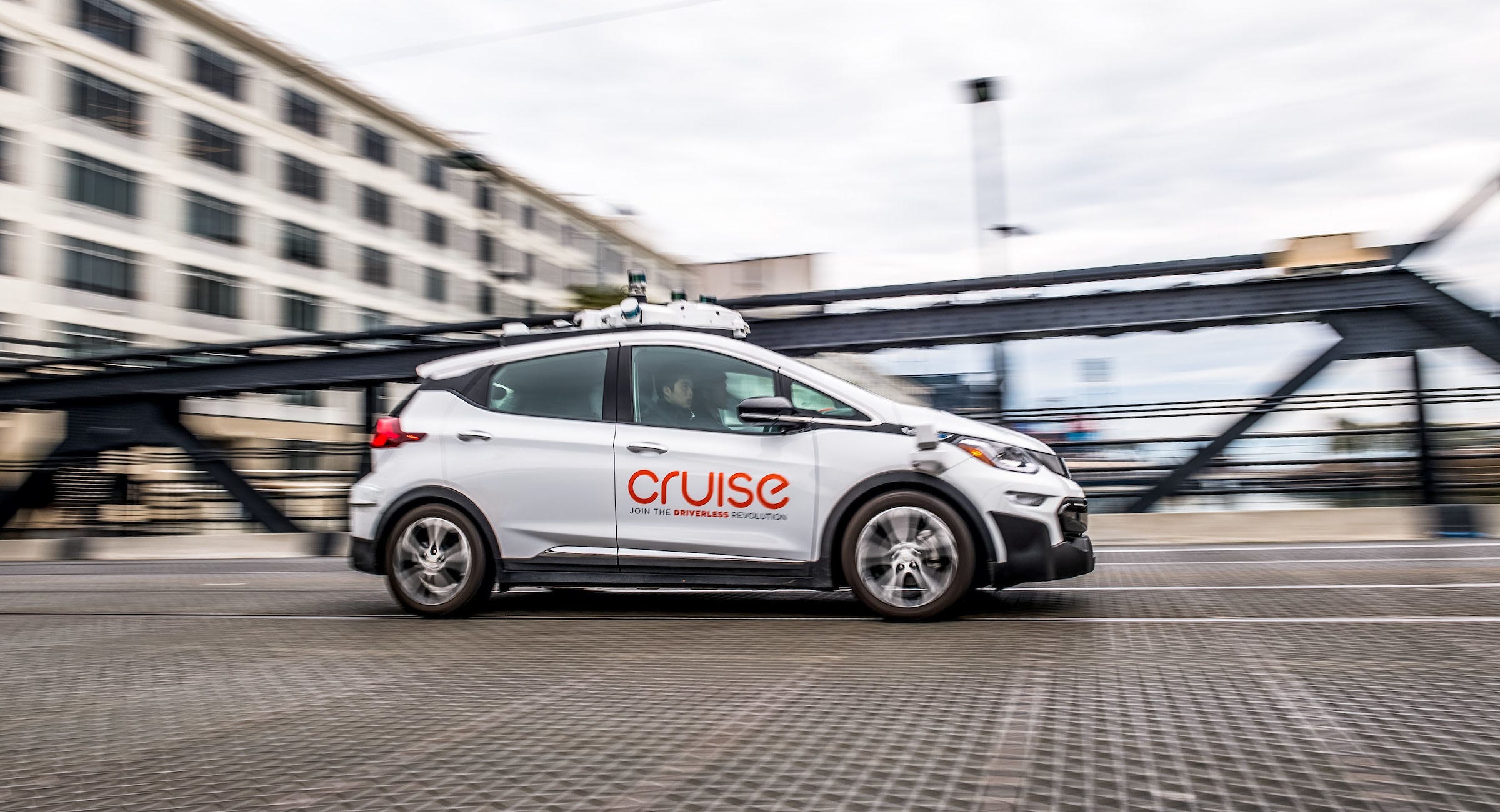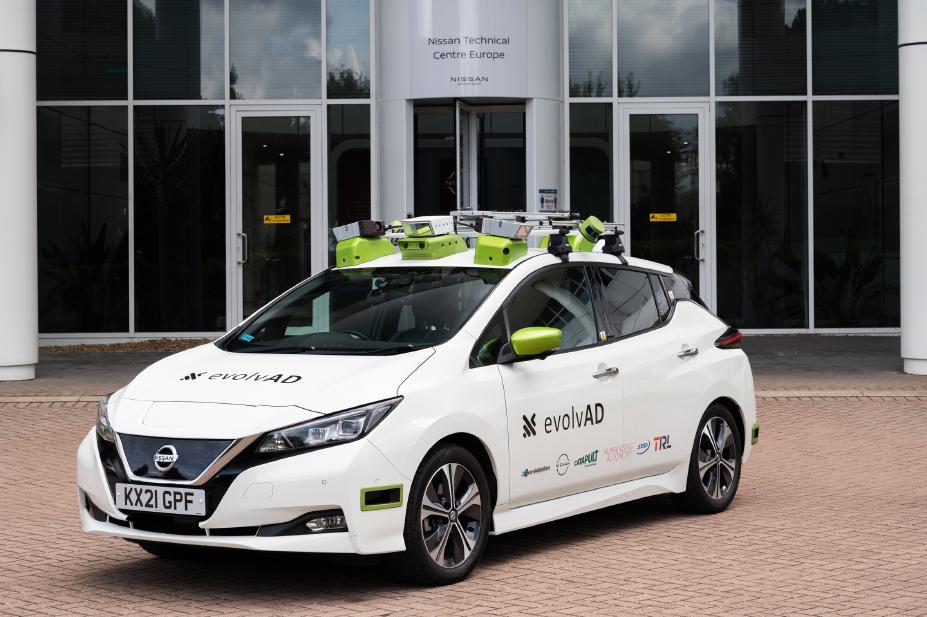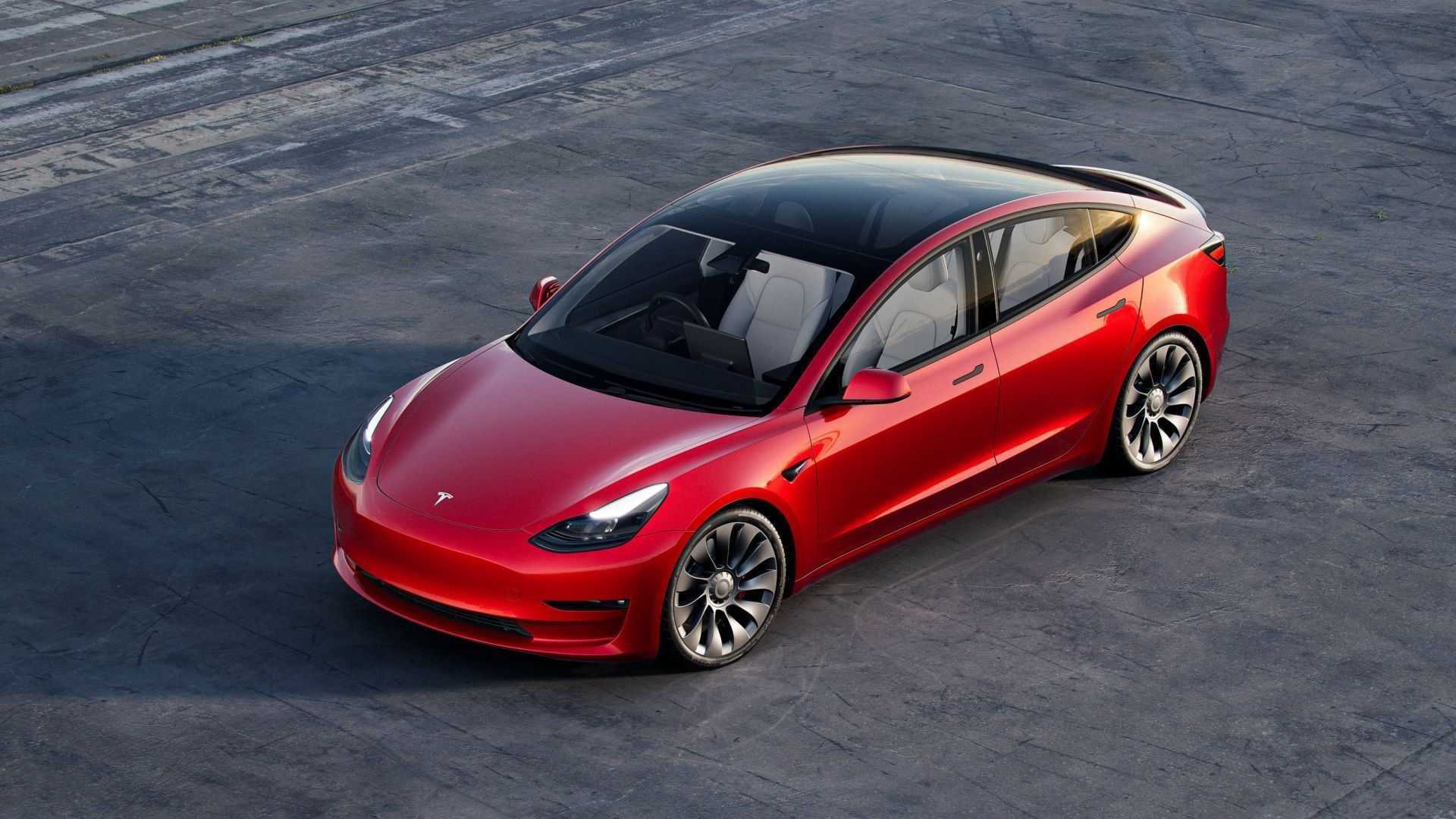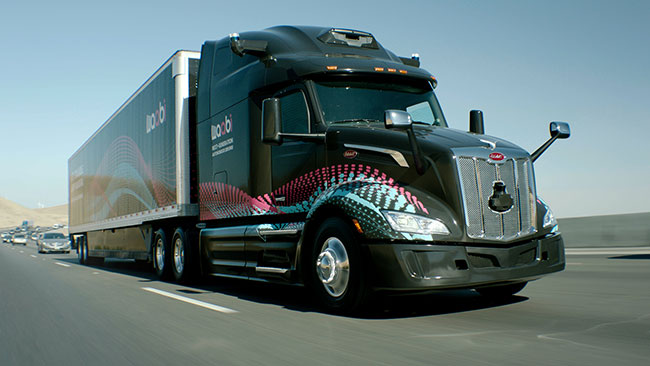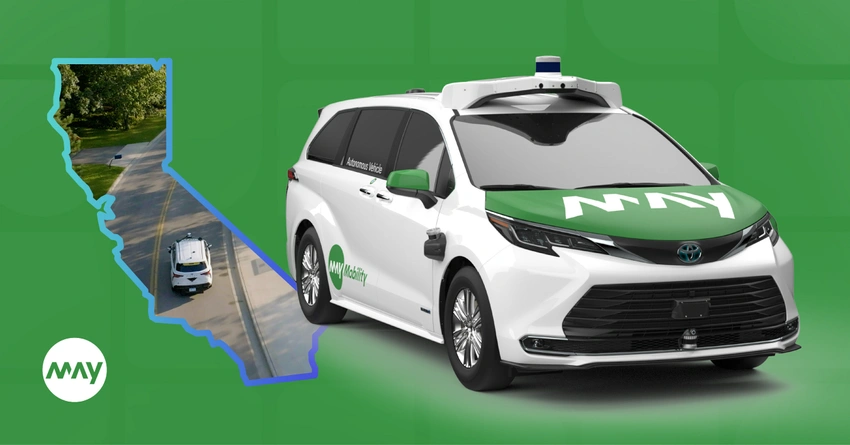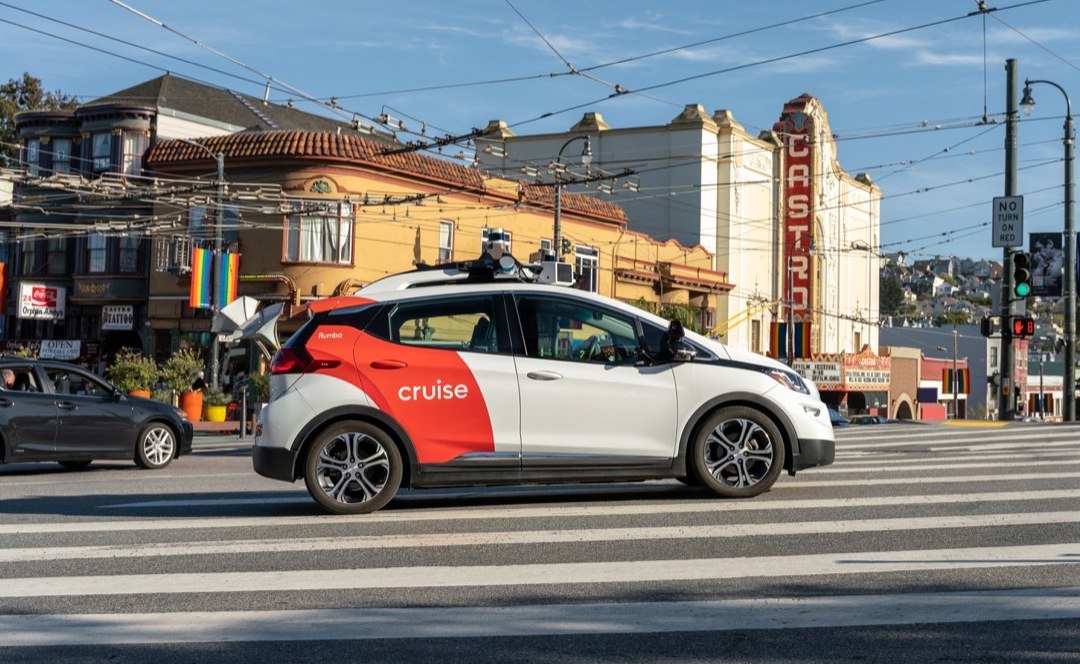The International Brotherhood of Teamsters, a prominent labor union, has called upon U.S. auto safety regulators to deny General Motors’ (GM.N) petition seeking an exemption from vehicle safety standards for its autonomous vehicle unit, Cruise Origin.
In July, Ann Carlson, the acting head of the National Highway Traffic Safety Administration (NHTSA), announced that a decision on Cruise’s petition would be made “in the coming weeks.” Cruise had sought approval to deploy up to 2,500 self-driving vehicles annually, featuring no human controls such as steering wheels, mirrors, turn signals, or windshield wipers.
Sean O’Brien, President of the 1.2-million-member Teamsters Union, expressed serious reservations about GM’s request. He cited a series of recent incidents in San Francisco that he deemed “deeply concerning” and emphasized the potential dangers to motorists, pedestrians, and middle-class jobs if the petition were granted.
Cruise, in response to the concerns raised, pointed out that the majority of public comments on their petition were positive. They also reiterated their commitment to collaborating with the NHTSA to ensure the safe and responsible deployment of autonomous vehicle technology.
Cruise’s ambitious plan involves deploying the Origin vehicle, characterized by subway-like doors and the absence of steering wheels.
In August, the California Department of Motor Vehicles (DMV) initiated an investigation into “recent concerning incidents” involving Cruise vehicles in San Francisco. This led to a request for Cruise to temporarily remove half of its autonomous vehicles from the roads, a request to which Cruise complied. Notably, current on-road Cruise vehicles are equipped with human controls.
Ann Carlson, in an interview with Reuters in August, did not specify a new timeline for a decision but emphasized that the petition hinges on technologies designed for humans and whether exemptions should be granted when these technologies no longer rely on conventional features like mirrors. The NHTSA has not issued an immediate response to the latest developments.
General Motors’ pursuit of this exemption is significant because it intersects with ongoing debates in Congress concerning legislation on self-driving cars.
In December, the NHTSA initiated a formal safety probe into Cruise’s autonomous driving system following reports of two injuries in rear-end collisions. The NHTSA highlighted concerns about Cruise vehicles potentially engaging in aggressive braking or becoming immobilized.

